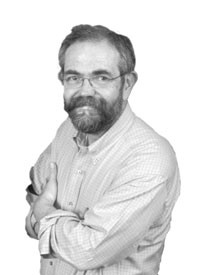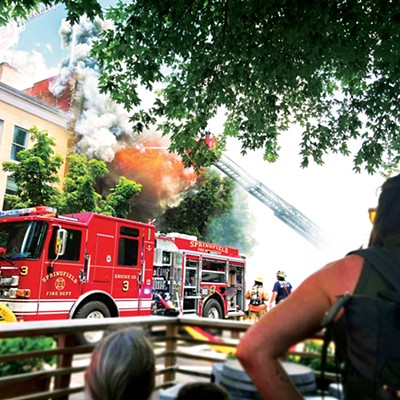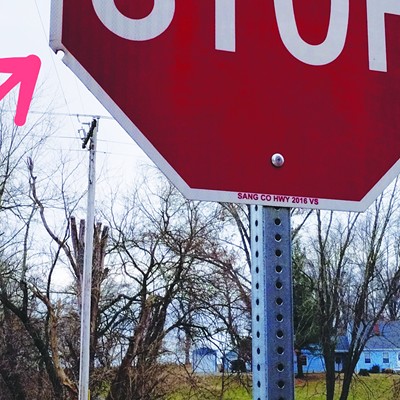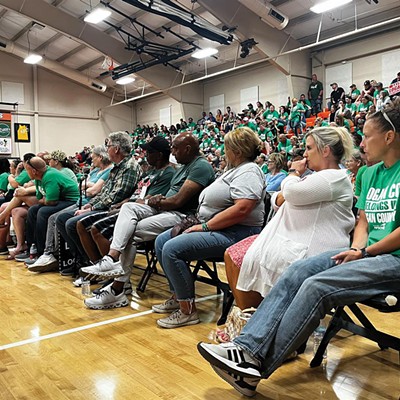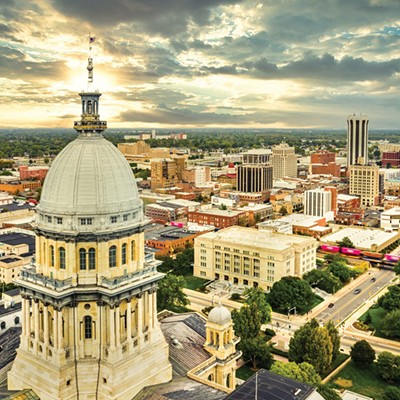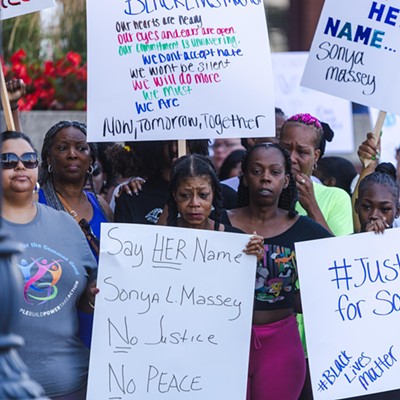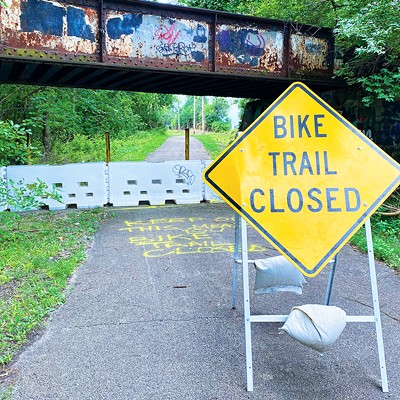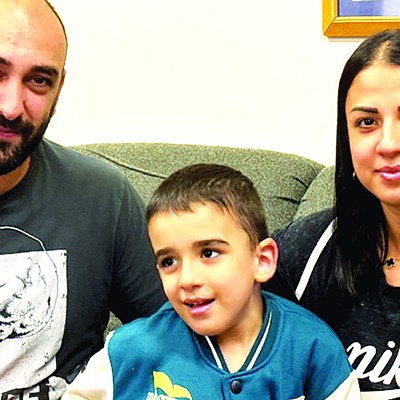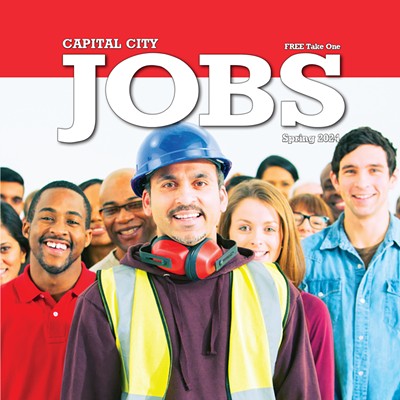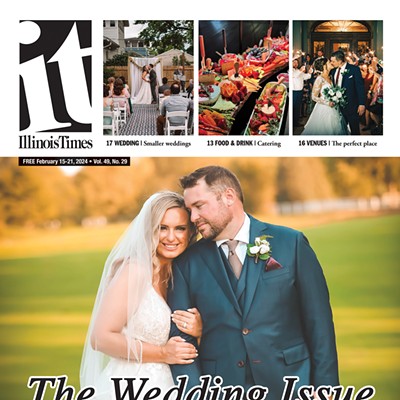Rob Eure recalls his first visit to Springfield. He wasstanding in a line of tourists outside Abraham Lincoln's house, but he knew he'd bring a new view of the Confederacy back home to old Virginia.
Eure says something similar happened last year when he spent several months in Africa and Eastern Europe. As a Knight International Press Fellow, Eure, a former staffer at the Wall Street Journal, had been invited to discuss journalism with reporters in several newly independent countries.He brought back a fresh take on media in the world's oldest democracy.
What shines in America's news, Eure says, are the myriad daily stories about our human community--the little pieces that build to a better understanding of our nation. But in Ghana, Slovakia, Hungary, or Romania, reporters don't set out to tell the little stories--they think it's their job to always break the blockbuster. As Eure sees it, the persistent pursuit of every scrap of information is the very kind of journalism that floats democracy--it adds to the knowledge of the people, helping them to truly function as citizens.
"Democracy is some work," Eure says, and unfortunately he found the spirit lacking in these foreign reporters. In his week-long classes, he tried to convey the passion to share more of what they see.
"Media creates community," Eure says. "You can't care about what you don't know about."
In Ghana and Eastern Europe, the press often abuses its newfound freedom. "Yellow, loud, and not careful" is how Eure describes it. He told reporters that their work reminded him of 18th century journalism in the U.S., when rumors and wild charges screamed from our front pages. Of course, our nation was young then too.
Eure says he was surprised that people in Ghana, in particular, were not as angered by the news as they had a right to be. Then again, he notes, good reporting often doesn't provoke much anger on our side of the Atlantic. Over there, lack of outrage stems from many years of feeling no power to change the system. Here, where citizens hold more of the cards, the reasons for relative acquiescence are more troubling.
Late last year Eure happily came home to his wife, Deane, and his daughter, Addie, in the United States. While he had missed much about news coverage here, he was more bothered by a narrowness of perspective in U.S. news. As an example, he cites stories on warfare in Ivory Coast: they almost always refer to the price of chocolate in America. This blindered view, says Eure, is especially evident in business sections, where the gigantic complexity of economic health is reduced to reports on sexy new companies and stock prices. Little attention is given to issues of economic "justice, fairness, or equality."
Eure brought back some other disturbing observations about our nation. Beyond true compassion for the horror of September 11, he says, "The world sort of snickers. America thinks 9-11 changed the world. The world thinks 9-11 changed America." The other change foreigners see is an increased defensiveness that plainly frightens them.
Everyone has been discussing the U.S.-led war against Iraq, he says, from prominent professionals to "an old guy with a wooden leg I met out in rural Romania." In Eastern Europe, there is grave concern about enraging the nearby Islamic world. Their ancestors were in the path of Turkish invasions, and they are sure we don't understand their anxiety. They carry sharp feelings about recent events in Bosnia, where the U.S. lurched in and out, leaving devastation that still smolders. Our actions there give Slovakians, Hungarians, and Romanians serious doubts about how the U.S. will deal with an Iraq without Saddam Hussein. They live uncomfortably close to Iran, where the despot Shah Reza Pahlavi went down in 1979, only to be replaced by the fundamentalist theocracy of Ayatollah Khomeini.
Eure says he had hoped to come home to a reasoned debate about the future of Iraq, but, until very recently, dealing with Iraq's future has been regarded as a mere mop-up job. As Eure prepares for a new fellowship assignment in the former Soviet republic of Georgia, he invokes what he had tried so hard to teach to these foreign journalists, a lesson we in this country should remember today: a free press frees people.

